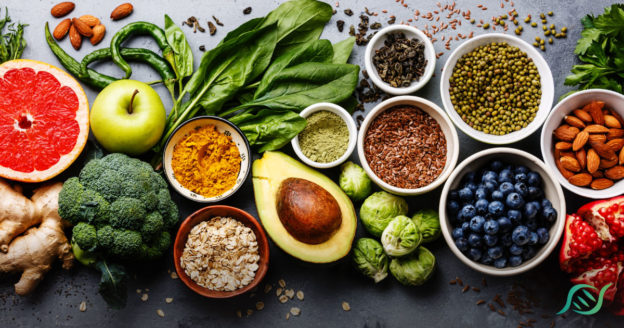Q: You touched on nitrates and nitrites in passing previously. With all the reading I’ve done, I’m still confused regarding how bad these compounds are for you as well as how pertinent the source is.
I’ve also read that 80% of our nitrate intake actually comes from fresh vegetables and that a lot of the food that is “nitrate and nitrite free” actually uses celery juice which is naturally high in nitrites and therefore isn’t really “nitrite free” at all.
While a quick overview would be great, I would certainly appreciate a more involved look at the effect of nitrites and nitrates in the body, the mechanism by which the are deemed harmful, etc.
Thanks again.
A: It is a very interesting subject, and you are right in that it is confusing and conflicting because there are some confusing and conflicting data out there. Nitrates and nitrites are in the same family but seem to affect the body in different ways. Very briefly, nitrATE itself is not toxic to humans. But it is metabolized to nitrite in the body by a couple of mechanisms. Nitrites are toxic to humans, but it takes a large amount of them to be toxic by themselves. The much more worrisome reaction is the reaction between some amino acids and nitrite to form something called nitrosamines in the GI tract. Nitrosamines are known potent carcinogens and there is strong data showing increased consumption of nitrates and nitrites in cured meats and increased incidence of GI cancers. The worry is primarily with the cured meats due to high amino acid content and high potential nitrosamine formation. This worry is not present with the plants that you correctly described as having lots of nitrates in them due to the relative lack of amino acids.











